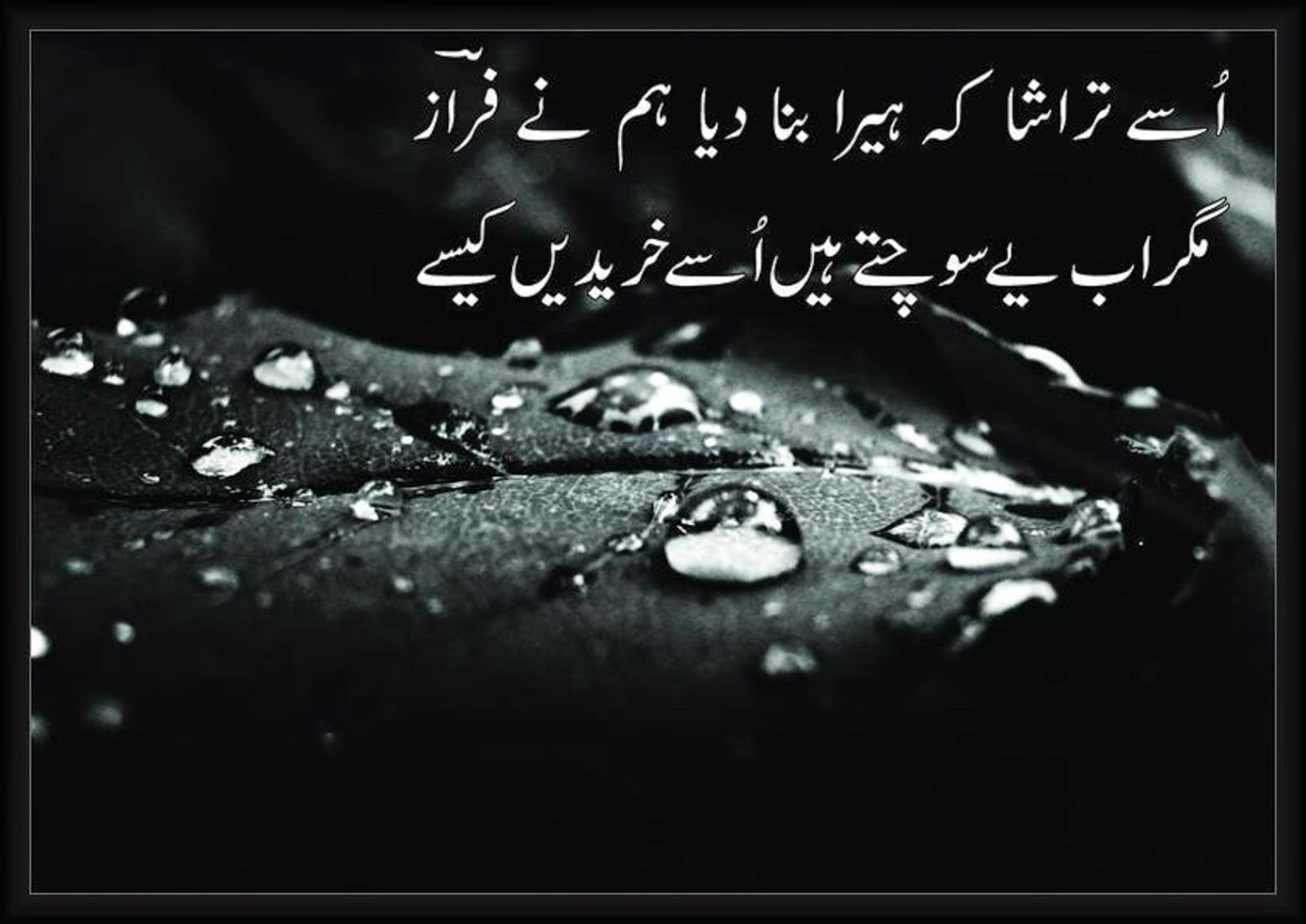
Mirza Ghalib died on 15 February 1869 in Delhi. To alleviate his grief, Mirza Ghalib used to resort to alcohol and drinking. To get rid of these financial difficulties, he took a job in the fort. So much so that they have to borrow and the debt has increased day by day. After marriage, he said goodbye to his homeland and took up permanent residence in Delhi.Īfter the marriage, Mirza’s expenses increased, and due to which he faced financial difficulties. In 1810, at the age of 13, he married the daughter of Nawab Ali Bach’s younger brother, Mirza Ilyani Bakhsh. When the shadow of his uncle and father fell on his head, the orphaned and helpless child was given a stipend by Nawab Ahmad Bachch Khan for his family from the British. Maybe that was the scene that made him think deeply.

He saw a great Muslim empire being destroyed and the British nation coming from outside dominating the country. Mirza Ghalib was criticized for his views on religion in his poetry Because of this, he had a number of opponents. Expressing his views, Ghalib often elevated the tradition of Urdu poetry to a higher level. Urdu poetry reached its peak under the patronage of Ghalib. That is why a large part of Ghalib’s poetry is also in Persian. At that time, all the Musharraf’s, from the royal court to the court of civilization, were common in Barsighar. Ghalib’s ancestors belonged to the Middle East. In a very short period of time, at the age of about 11, Mirza Ghalib started writing poetry. But when Ghalib was eight years old, his uncle also passed away. After which his Uncle Mirza Nasrullah Baig took responsibility for his upbringing. He had to face many troubles in his childhood.Īs a child, he lost the shadow of his father. Mirza Ghalib was defeated by the troubles. The great thing about Ghalib was that he could describe the human psyche in-depth and in such away. In today’s article, I will share with you some aspects of Mirza Ghalib.Mirza Ghalib was born on Decemto Abdullah Baig.His real name was Asadullah Beg Khan. The nineteenth century is called the century of the Ghalib.

Who doesn’t know Mirza Ghalib? He is one of the most prolific Urdu poets. Kabhi hàm un ko kabhi apne ghàr ko dekhte hain
Urdu poem download archive#
If you are looking to find more information and resources, Exeter University holds Charles Causley’s archive of literary manuscripts, notebooks, diaries and photographs – you can explore these here and the Charles Causley Trust also has a wealth of resources available.Vo aae ghar men hamàre ḳhudà kī qudràt hai As he says in the last line of this poem “I had not thought that it would be like this”, a fitting epitaph for a poet who continued to be surprised by the world throughout his long life. His Cornish burr imparts a story-teller’s magic to the ballads, and an intimacy to more personal poems such as the moving elegy to his parents, ‘Eden Rock’. Given the oral roots of some of his favourite forms, it’s immensely valuable to be able to listen to Causley’s own interpretation. Perhaps Causley’s ability to retain a child-like openness in part explains the freshness of his writing: unlike the narrator of ‘The Lunatic Boy’, Causley never lost his vision of a world where “Houses put on leaves, water rang.”

Indeed Causley wrote some of his finest poems for children and saw no distinction between these two strands of his work. Like Blake, a central concern is the fall from innocence to experience and it’s not surprising children feature constantly in Causley’s poetry, including the much anthologised ‘Timothy Winters’. This traditionalism has sometimes obscured the daring of his imagery, a visionary quality as strange and intense as one of his acknowledged masters, William Blake. So it’s possible to imagine narratives such as ‘Miller’s End’ being recited round a fireside a hundred or more years ago. In addition to these public honours, the clarity and formality of his poetry has won Causley a popular readership, making him, in the words of Ted Hughes, one of the “best loved and most needed” poets of the last fifty years.Ĭausley’s mastery of traditional forms imparts a timeless quality to his poetry, the voice of which is more often communal than personal. His poetry was recognised by the Queen’s Gold Medal for Poetry in 1967 and a Cholmondeley Award in 1971. His work fell outside the main poetic trends of the 20th century, drawing instead on native sources of inspiration: folk songs, hymns, and above all, ballads. This early loss and his own experience of service in the Second World War affected Causley deeply. When he was only seven his father died from wounds sustained during the First World War. Charles Causley (1917-2003) was born and brought up in Launceston, Cornwall and lived there for most of his life.


 0 kommentar(er)
0 kommentar(er)
